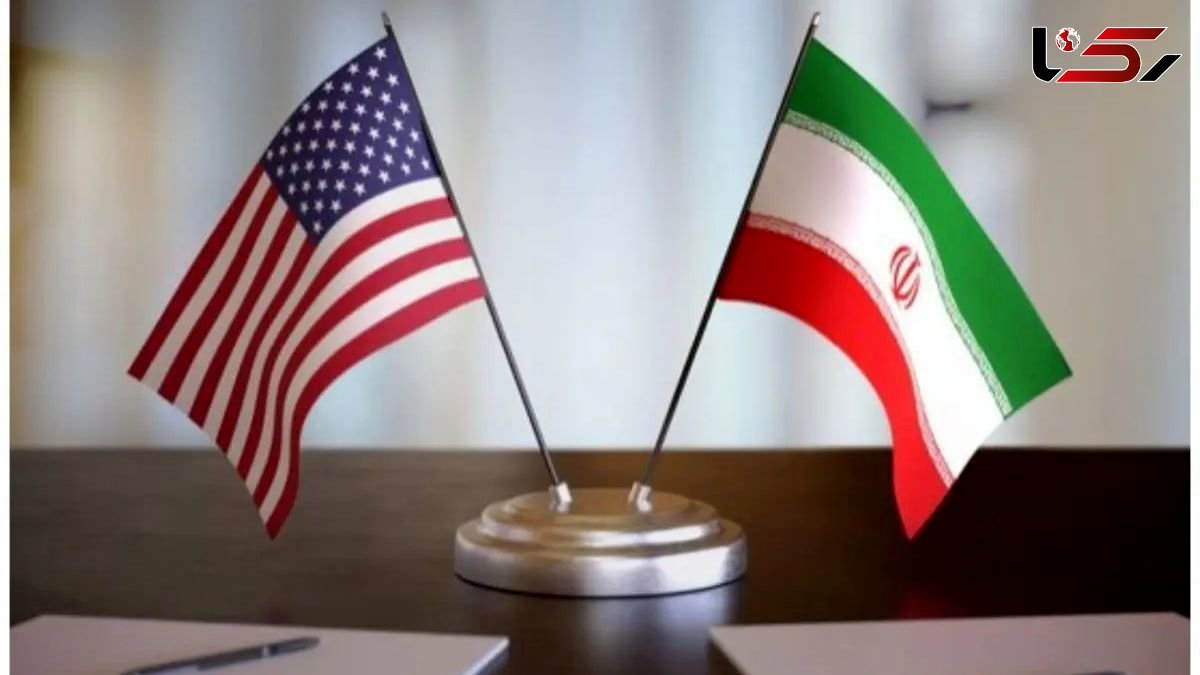Trump's New Middle East Strategy: A Path to Negotiation with Iran?
Rokna Political Desk: Political analyst Seyed Mohammad Sadegh Hosseini, referring to former President Donald Trump’s recent calls for negotiations with Iran in Egypt, emphasized that previous analyses suggesting an increased risk of war with Iran if Israel and Hamas reached an agreement were mistaken. He attributed this misunderstanding to Trump’s new strategy in the Middle East.

According to Rokna, hours after Iran officially announced it would not participate in the Sharm El-Sheikh summit, Trump once again resumed his persistent calls for talks with Tehran—this time not from Washington but from the Middle East, seeking direct negotiation and a potential deal.
Addressing Iranian officials, Trump stated: “We are ready, whenever you are ready; this will be the best decision Iran has ever made, and it will happen…” Analysts note that Trump’s emphasis on Iran’s willingness to negotiate comes as he faces the upcoming U.S. Congressional elections. With the potential loss of both the Senate and the House, Trump reportedly needs a deal with Iran more than ever to stabilize the Middle East and oil markets.
Hosseini and Ahmad Shirzad, two political analysts, examine Trump’s negotiation proposals from different perspectives. Hosseini believes Iran can achieve its national interests through a dynamic and comprehensive strategy, utilizing all its capacities in any potential deal with the U.S. According to him, Trump has both the motive and the capacity to reach an agreement before the midterm elections, making such a deal plausible. Shirzad, referencing previous U.S.-Iran negotiations before the 12-day conflict, stresses the importance of a clear negotiation framework to ensure any agreement is transparent and enforceable.
Hosseini: Trump Needs a Deal for the Congressional Elections
Hosseini, a political and economic analyst, stated: “Recent developments have shown that analyses suggesting a higher probability of war with Iran following an Israel-Hamas agreement were incorrect, due to a lack of understanding of the regional situation and Trump’s character and plans for the Middle East.”
With roughly eight months remaining until the U.S. midterm elections, Trump has limited time and must address Middle East issues. Hosseini argues that Trump’s aim is not regional security per se but to stabilize oil prices to prevent a drop in Republican votes, especially amid ongoing U.S.-China tensions, which he sees as a more strategic priority than the Middle East or Russia.
Trump seeks to manage tensions between Russia and Iran to stabilize global energy markets ahead of the elections. Any new conflict between Iran and Israel could increase global risk and energy prices, affecting U.S. domestic economic conditions. Hosseini adds that easing tensions between Israel and Palestine could also reduce regional conflict and Iran-Israel tensions.
Hosseini notes that Iran must adopt a smarter, less predictable approach, employing fresh strategists capable of resolving complex geopolitical challenges. He believes a window for a U.S.-Iran deal exists and that its realization depends on Iran’s strategic choices.
Addressing Trump’s three conditions for a deal, Hosseini observes that two are largely nominal—ceasing support for terrorist groups and avoiding incitement with neighbors—while the third, recognizing Israel’s right to exist, could be negotiated without compromising Iran’s core policies. He concludes that with careful diplomacy, Iran could safeguard its missile and nuclear capabilities while achieving a viable agreement, and that Trump’s need for a pre-election accomplishment provides both incentive and leverage.
Shirzad: Return to Pre-June Negotiation Framework
Political analyst and former MP Ahmad Shirzad emphasizes the need for a structured negotiation framework. He argues that Iran can only seriously pursue talks when a concrete proposal with clearly defined political boundaries and red lines is presented. General statements, such as avoiding incitement or terrorism, are insufficient for meaningful negotiations.
Shirzad adds that trust in Trump’s words and actions is inherently difficult, and Iran is not seeking a strategic partner in this context. Referring to remarks that U.S. negotiators Jared Kushner and Victoria Nuland were designated to facilitate an agreement, Shirzad stresses that Iran must see a clear and actionable plan before committing.
Regarding statements by Iranian diplomat Abbas Araqchi that the U.S. has made no demands beyond nuclear issues, Shirzad believes that a return to the negotiation framework before the June conflict would allow both sides to achieve mutual understanding. Prior trust-building measures, such as inspections by the International Atomic Energy Agency and negotiations over Iran’s enriched uranium stockpiles, remain valid points of reference.
Shirzad concludes that while some previous U.S. demands—like limiting missile ranges or total Iranian surrender—are unacceptable, the possibility of reaching a fair understanding exists if both sides return to a structured, equal negotiation process.
Send Comments